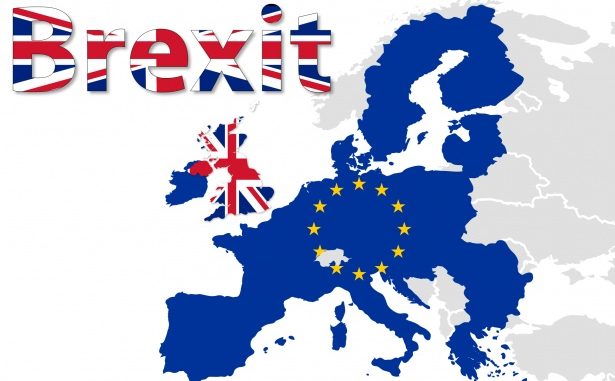
It seems that Britain’s idea of a unified European region was purely for free trade purposes. In the 1960s, France refused to join Britain in what was then called the European Common Market, before finally agreeing in 1973.
Soon after, a wave of criticism by Britain of a range of legislative and regulatory provisions in the European Common Market began, citing that the regulations were contrary to the traditions of London’s government. UK began to request sovereignty transfers to unelected officials in the European Commission, located in Brussels.
Now that the final stages of Brexit are nearing, London has rephrased a very important question of what is the European project about: is it a Europe made up of different, sovereign nations, or a European super state?
In Germany, for example, Chancellor Angela Merkel’s fiscal austerity policies have almost led to a deterioration in the economies of the euro-zone countries over a decade, in addition opening a door to uncontrolled migration in 2015. The German Chancellor also rejected the US President Barack Obama’s request to ease up on her fiscal austerity.
US president Donald Trump told Merkel that free trade with the United States was over, as was Washington’s full guarantee of German security. Merkel’s shocking response was that “Europeans truly have to take our fate into our own hands.” However, it was too late for Germany and Merkel and, whose policies have led to the rise of a xenophobic extreme-right party called Alternative for Germany, currently the third-largest political party in the country.
Merkel, who received thousands of immigrants and refugees from Africa and the Middle East, was also criticized by Italy. The country refused to respect maritime traffic laws and secure people at risk, according to Angela Merkel. The Italian economy was already in recession at the end of last year and is likely to remain so until the end of 2019.
Italy responded to Merkel’s criticism of cooperation by joining with Hungary and Poland to create an anti-German block that could present serious consequences for the future of the EU.
All this is happening at a time when France is divided by the violent social unrest that has recently hit the country. The government has no response to the three-month demonstrations by the so-called “yellow jackets”. There currently seems to be no end to the French political crisis. On Saturday, some 60,000 people demonstrated and rioted in all major French cities.
The current chaos in the eurozone is exactly what Donald Trump and the UK need to settle their trade scores with an unstable EU. However, the euro will likely remain strong and may not be much affected by these events, especially as the ECB controls the euro.




Be the first to comment